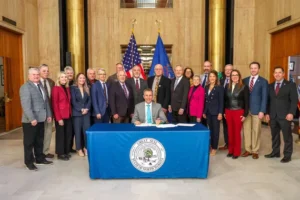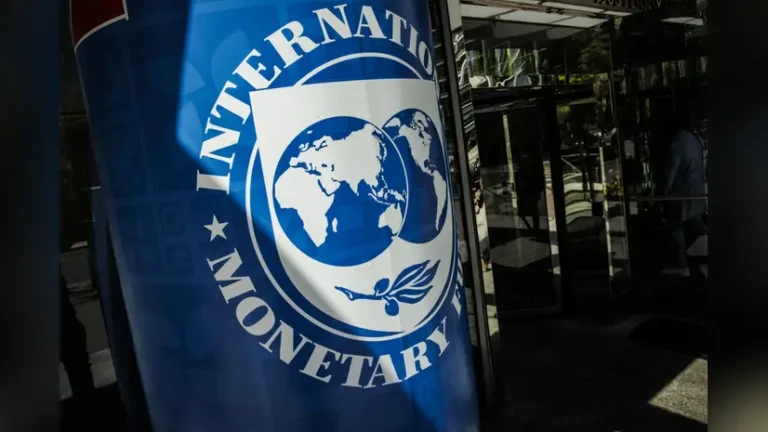Finance ministers from BRICS nations have jointly proposed changes to the voting system of the International Monetary Fund (IMF). In a rare unified statement, they called for a fairer distribution of voting rights and urged an end to the long-standing European leadership of the organization.
This shared position marks the first time BRICS countries have come together to support the same reform plan. Their proposal will be formally presented during the IMF quota review meeting scheduled for December. This meeting will focus on updating the current quota system, which defines how much each country contributes and how many votes they have.
The BRICS ministers said the new quota system must reflect the real economic positions of member countries. At the same time, it must protect the shares of the poorest nations. In their joint statement after meeting in Rio de Janeiro, they stated, “Quota realignment should reflect members’ relative positions in the global economy, while protecting the quota shares of the poorest members.”
According to a Brazilian official involved in the talks, the ministers want a formula that considers both economic output and purchasing power. This would account for currency values and give developing countries a stronger voice in decision-making.
The BRICS bloc has grown beyond its original five members—Brazil, Russia, India, China, and South Africa. It now also includes Egypt, Ethiopia, Indonesia, Iran, Saudi Arabia, and the United Arab Emirates. This expansion gives the group more influence on the world stage. They aim to represent the views of countries in the Global South and push for changes in international organizations that have long been dominated by the West.
The ministers also argued that the IMF’s leadership selection process must be modernized. They criticized the current system, which they say still reflects outdated post-World War II agreements.
They wrote, “With full respect to a merit-based selection process, regional representation must be enhanced for the IMF management, overcoming the anachronistic post-World War II gentlemen’s agreement that is unfit for the current world order.”
In addition to the voting rights issue, the ministers confirmed they are working on a new financial tool. This tool, a guarantee mechanism backed by the New Development Bank (NDB), would help lower borrowing costs and attract more investment to developing countries. The NDB is a multilateral bank created by the BRICS nations to support infrastructure and development projects.
This new financial mechanism could play a key role in helping BRICS countries deal with economic challenges. By reducing financing costs, the initiative aims to make investment more attractive and accessible in lower-income regions.
The finance ministers’ meeting in Rio de Janeiro was held ahead of a larger BRICS summit involving heads of state. At this summit, the bloc is expected to continue its push for reforms in global financial systems and further steps toward stronger cooperation among member states.
The December IMF review will be a critical moment for the proposal. If adopted, the reforms could mark a turning point in how global financial power is distributed. Developing nations, which often face funding gaps and high interest rates, hope these changes will lead to fairer treatment and stronger representation.
By standing together on this issue, BRICS nations have made it clear that they seek a bigger role in shaping global financial rules. Their unified voice could lead to real changes in institutions that have for decades reflected the priorities of wealthier Western countries.
The proposal comes at a time of growing calls for fairness and inclusion in global decision-making. As the world economy becomes more diverse and multipolar, BRICS leaders argue that institutions like the IMF must also evolve.
Their message is clear: the time has come for a more balanced and inclusive international financial system.







